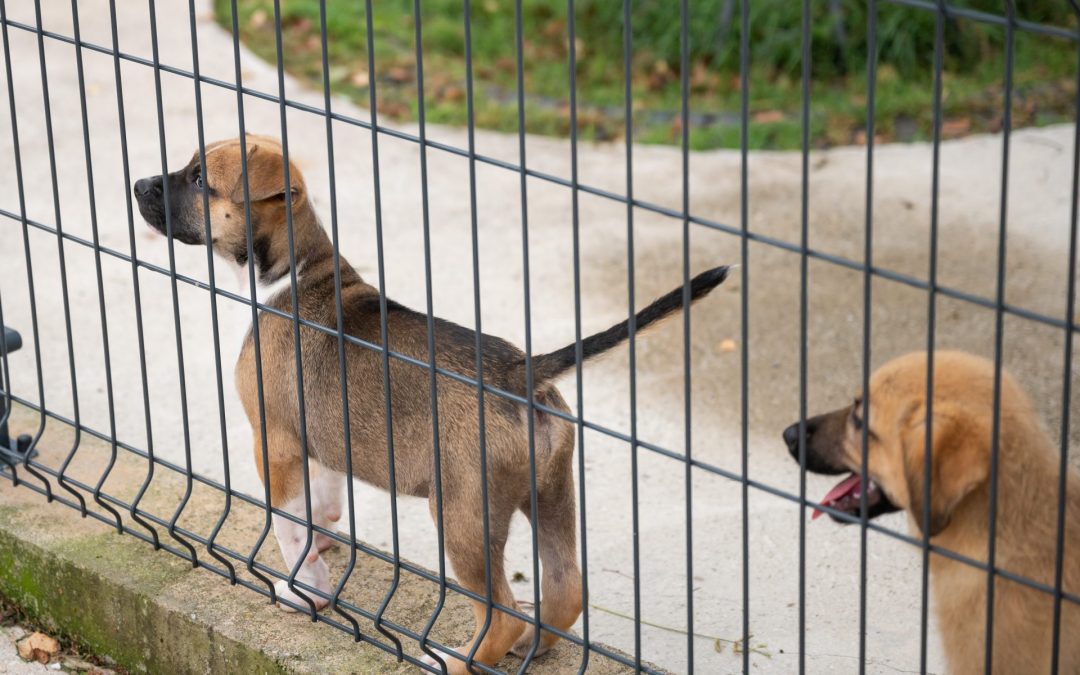“`html
Ljubljana – The Slovenian Food Safety, Veterinary and Plant Protection Administration participated in a pan-European action last year to uncover irregularities in the trade of dogs and cats, which among other things revealed an organized network selling Serbian dogs in the EU with forged Greek and Bulgarian passports. The administration therefore urges caution, especially when purchasing animals online.
Due to the cross-border nature of illegal practices, a pan-European action to uncover irregularities in the trade of dogs and cats took place under the auspices of the European Commission from July 2022 to July 2023, involving 22 member states, including Slovenia.
“The joint action revealed two key issues, namely the abuse of EU legislation on non-commercial movements of animals and the use of forged documents – incorrect information about age, origin, vaccination status, and so on,” the administration explained.
Regarding the main routes of illegal trade, it was found that the primary suppliers of animals in the EU are Romania and Hungary, and many irregularities were also found in animals from third countries. Frequent routes of illegal trade in animals were also identified, one of which runs from Serbia to Slovenia and Austria.
Among other things, they discovered a network selling Serbian dogs in the EU with forged Greek and Bulgarian passports. Animals arrive in Slovenia and Austria and from there continue their journey to the west.
The Slovenian Veterinary Administration therefore called for caution, especially when purchasing animals online. “It is important that future owners appropriately inquire about the health conditions and documentation that must accompany the movement of animals before purchasing,” they concluded. (October 24)
“`
 go to the original language article
go to the original language article
